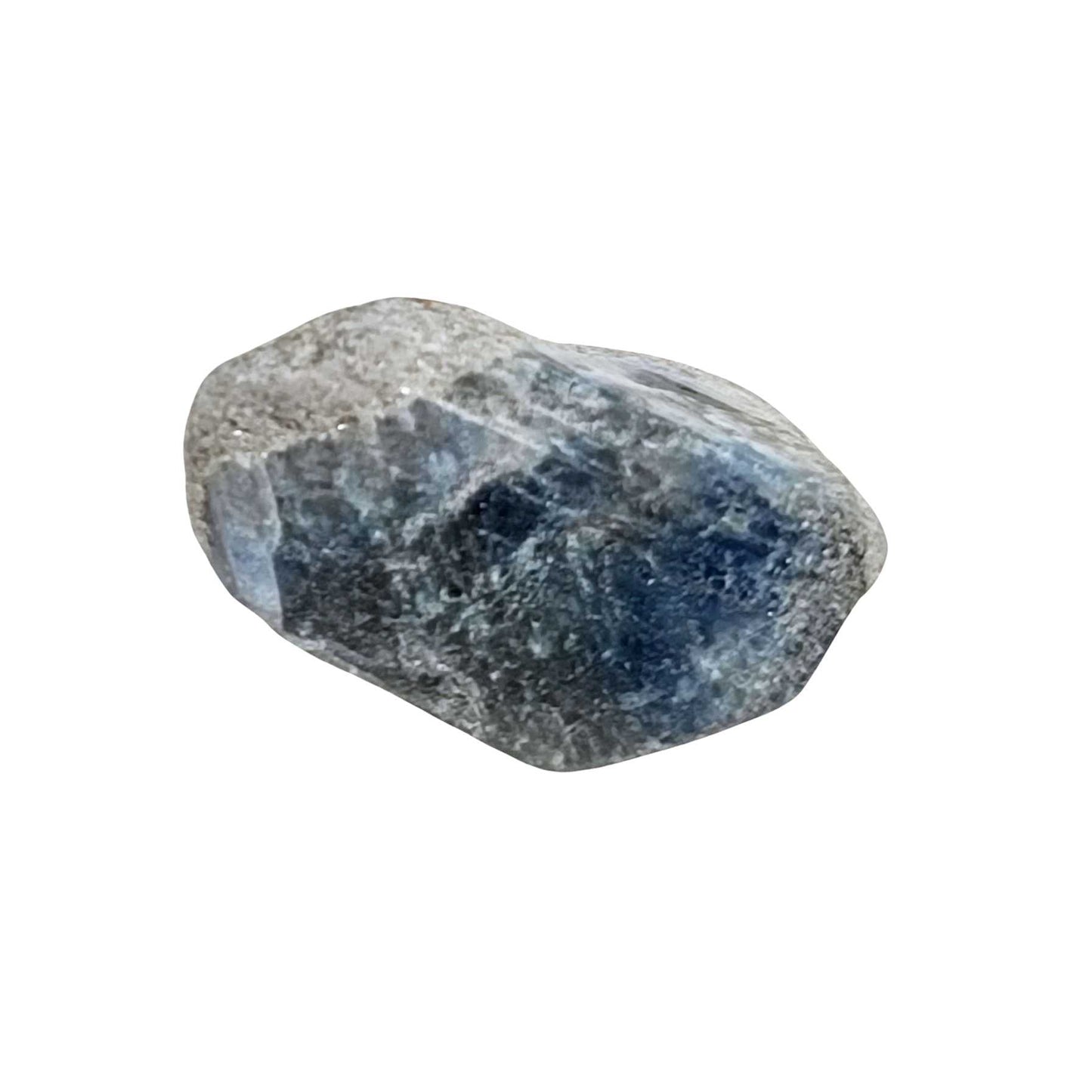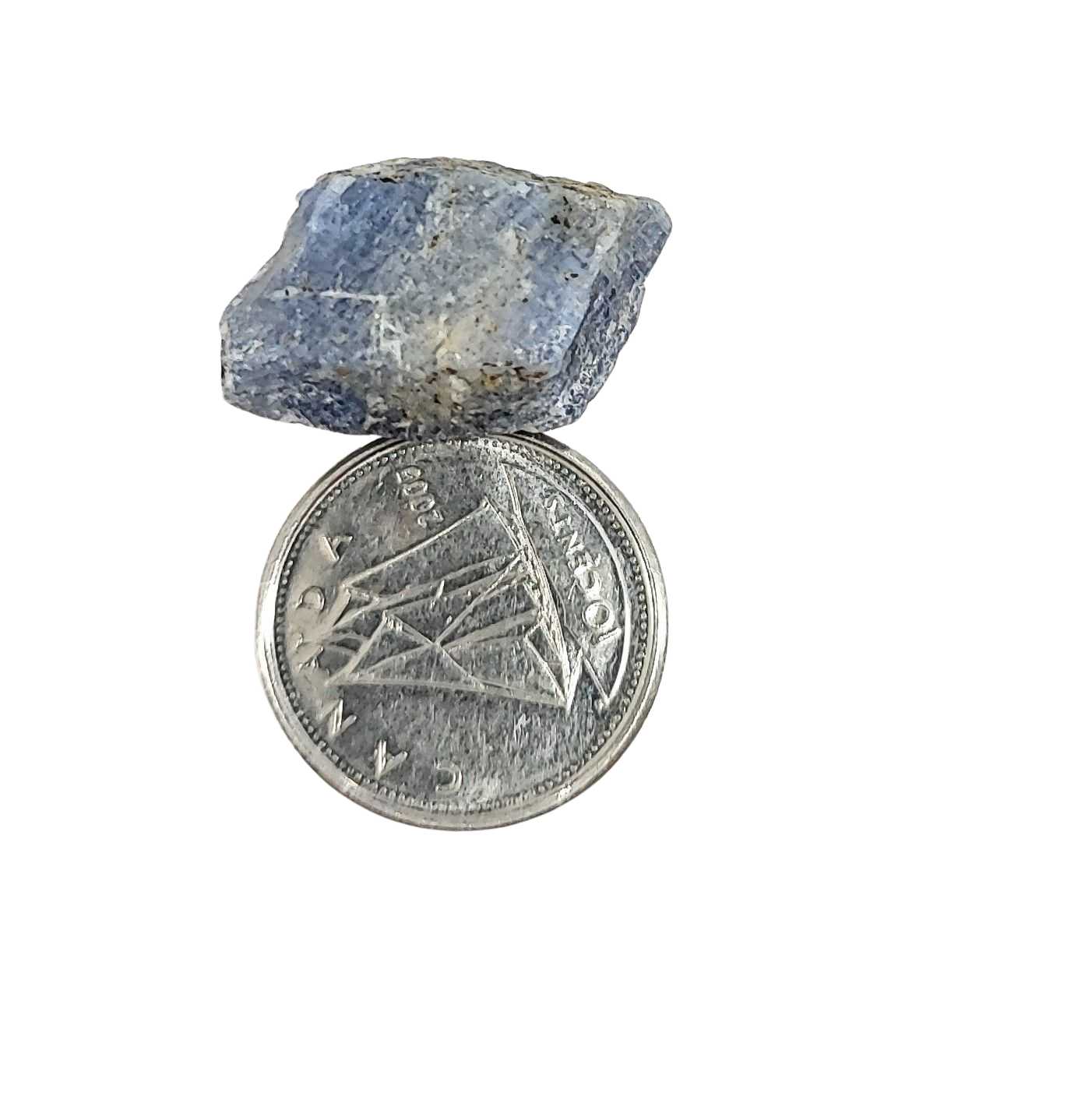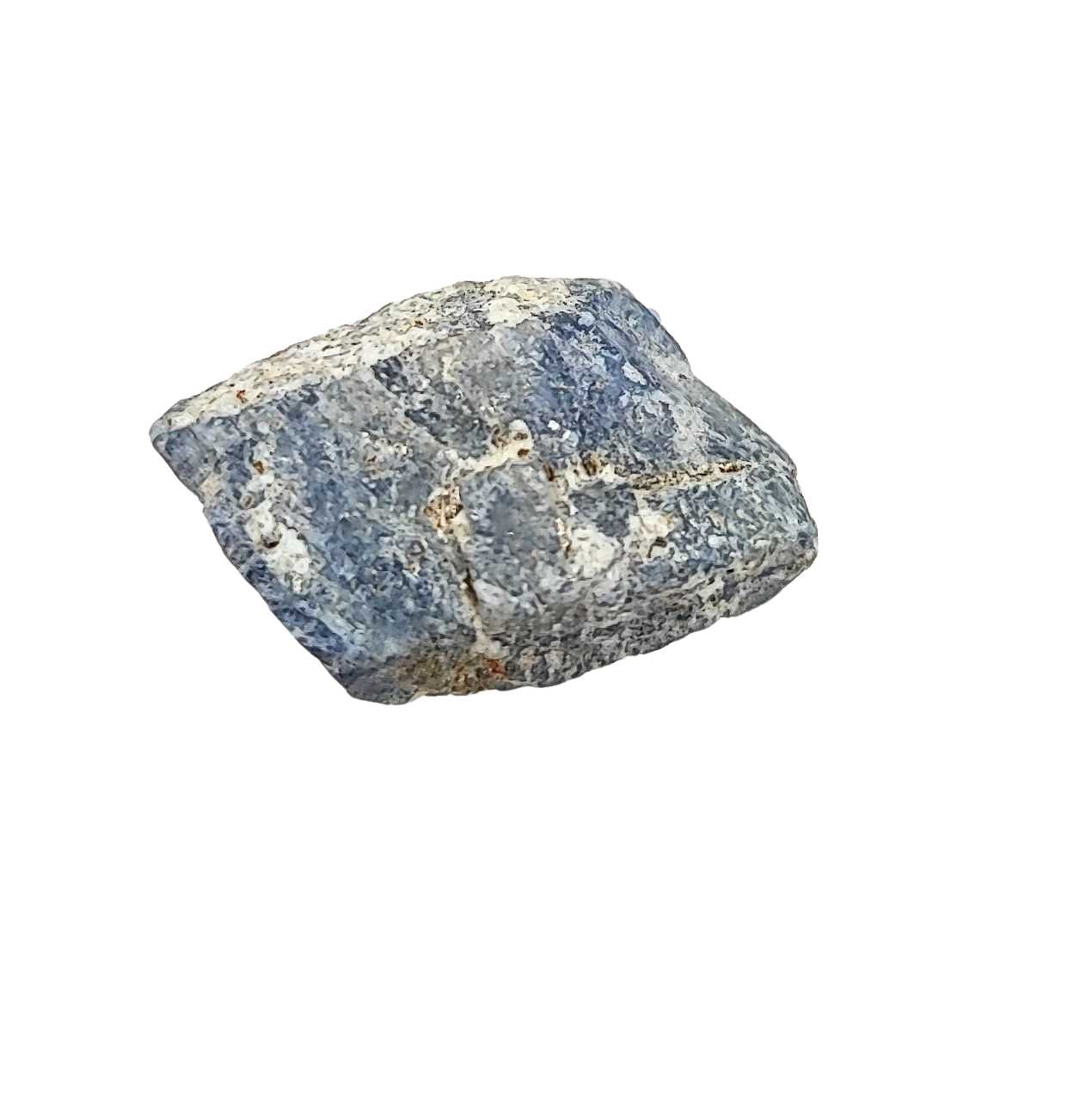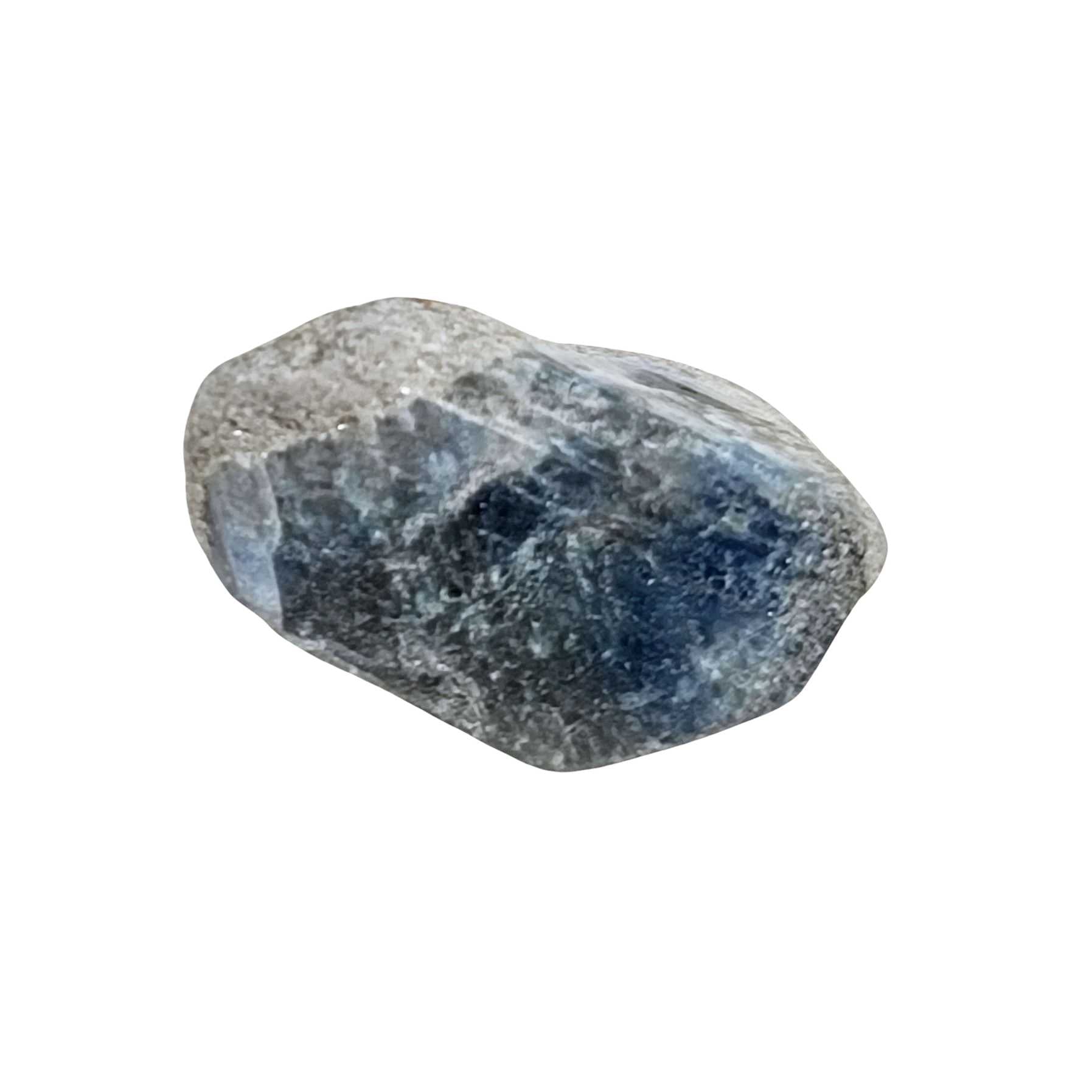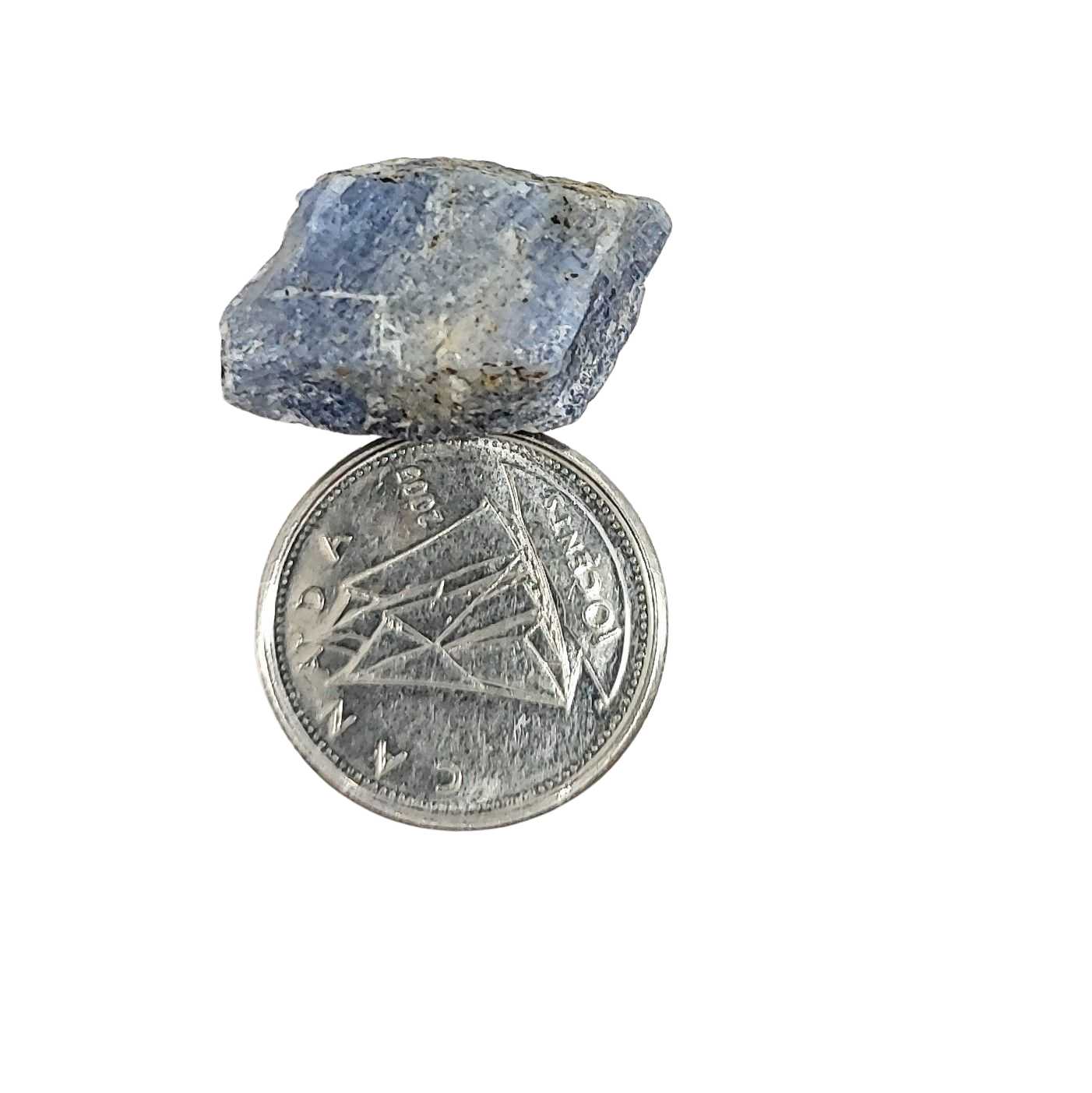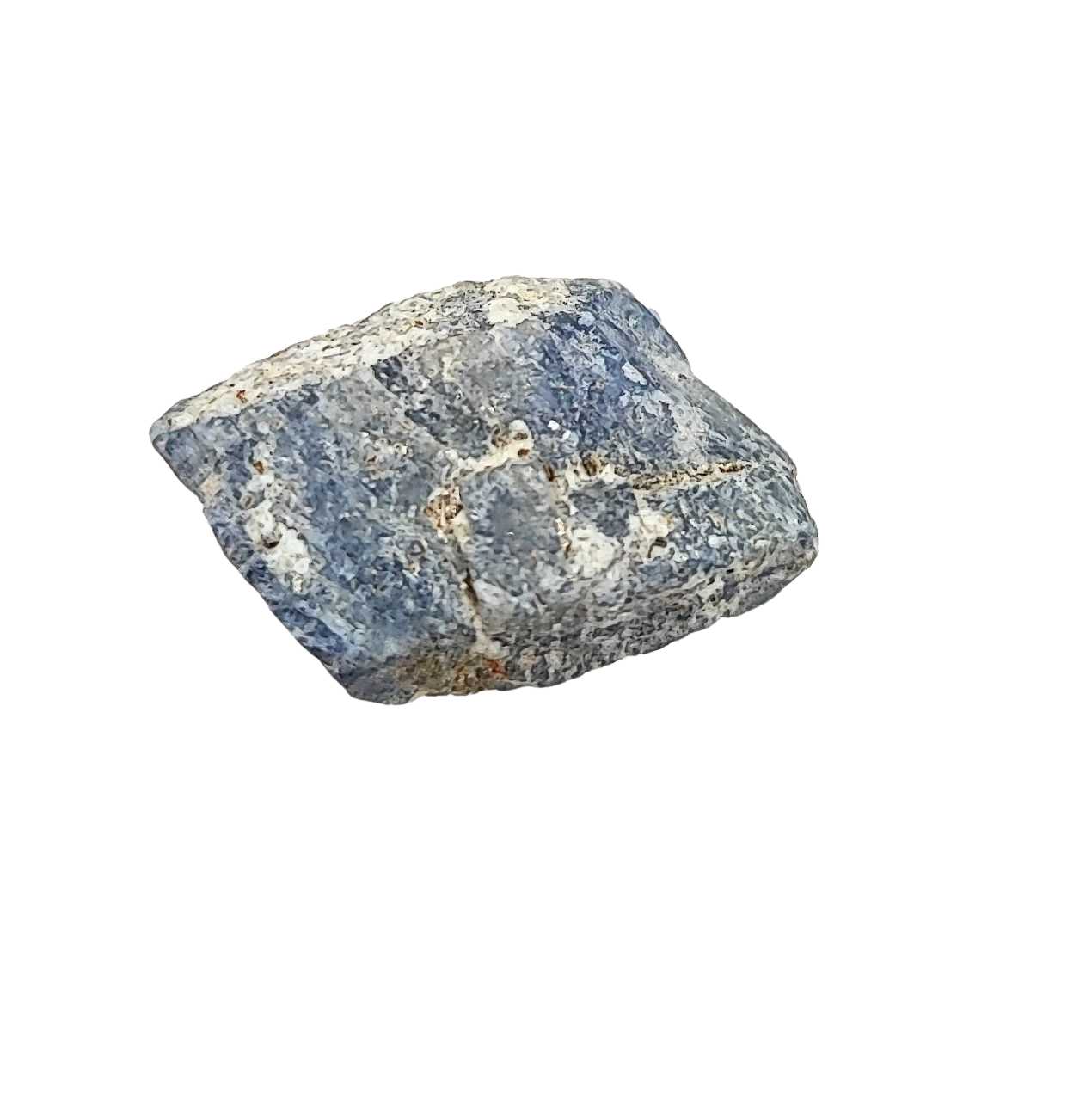Stone -Sapphire -Mineral Specimens -A -Rough -5g
Stone -Sapphire -Mineral Specimens -A -Rough -5g
Couldn't load pickup availability
Stone -Sapphire -Mineral Specimens -A -Rough -5g
The Color has the greatest influence on a sapphire’s value, The most valued blue sapphires are velvety blue to violet-blue, in medium to medium-dark tones. Less valuable blue sapphires might also be grayish, or too light in tone. While it is found in hues ranging from pale baby blue to an intense royal blue.
The name sapphire is derived from the Latin word “saphirus” and the Greek word “sapheiros” both meaning blue. Sapphires have been prized as great gemstones since 800BC. Rulers of ancient Persia believed the sky was painted blue by the reflection of sapphire stones. Blue sapphires were a holy stone to the catholic church and to Ancient Persians, the blue color of the sapphire represents the heavens.
Kings wore sapphires around their necks as a powerful. In the 12th Century, the sapphire was known as the most appropriate stone for rings. The Museum of Natural History in New York is home to the one of the most notorious sapphires in the world, the “Star of India,” a sapphire of 563 carats!
Sapphires also are associated with romantic love, representing fidelity and romantic devotion. Some wore it to ward off illness or as protection while traveling.
Share
